Will you come and do an internship with us?
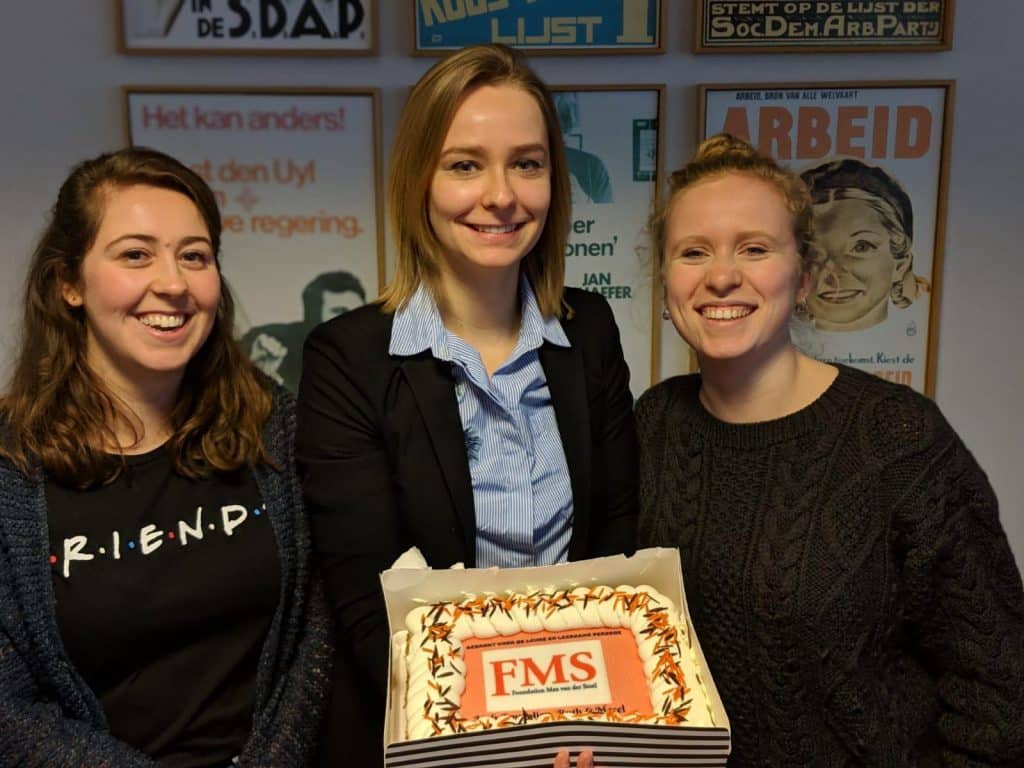
We are looking for new interns again! Are you looking for an internship in an international, political environment? Then read on quickly.
Blow to entire Balkan region: Albania and northern Macedonia rejected by EU
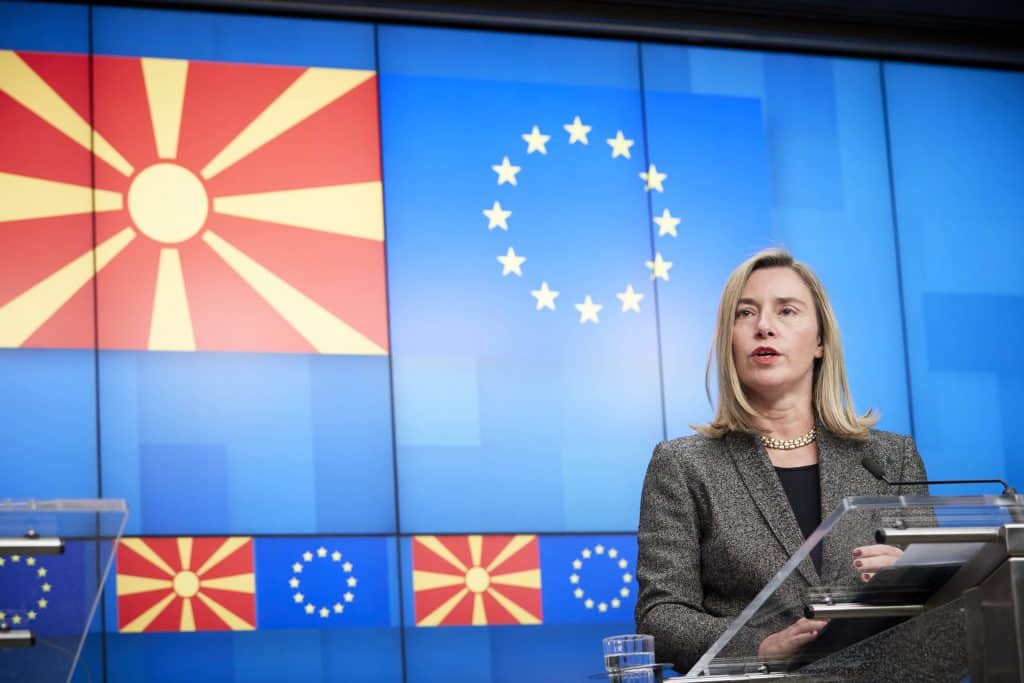
On 18 Oct, the European Council decided after a lengthy debate that it would postpone accession negotiations with Albania and northern Macedonia. Opposition to the opening of negotiations was led by France, which believes that the EU admission process needed to be adjusted before negotiations with prospective member states could be opened. The debate continued on the progress both countries had made on rule of law, human rights and democratisation.
Troubled elections in Mozambique: can the fragile peace deal hold?

Last week, on Tuesday 15 October, presidential, provincial and parliamentary elections were held in Mozambique. Current ruling party Frelimo with President Filipe Nyusi went up against Ossufo Momade of the opposition Renamo party. Mozambique has a multi-party system, but Frelimo and Renamo are the main parties. They are also the only parties, along with - very small - MDM (Democratic Movement of Mozambique) with seats in the current parliament.
An exciting contest: presidential elections Romania

On 10 November, Romanians will vote for a new president. The election campaign has begun and the playing field is wide. For the first time, a candidate from the progressive USR is running for the presidency.
Surprising election result heralds sweeping change in Tunisian politics

After the preliminary results of Tunisia's presidential elections started trickling in on 15 September, a shock wave went through the political elite that has ruled the country for the past few years. Two anti-establishment candidates, Kaïs Saïed and Nabil Karoui, received the most votes with 18.4% and 15.58% respectively. As a result, a second round, on 13 October at the latest, is needed to determine a final winner. The result appears to be not just a defeat for the ruling parties, but a rejection of the entire political structure by the disgruntled population, which has been plagued by economic stagnation and corruption.
Commemoration of four disappeared Belarusians
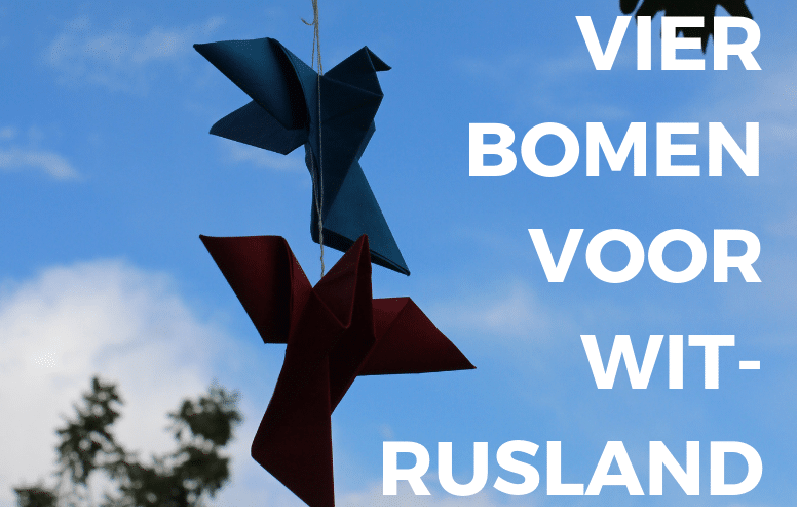
Eindhoven commemorates four disappeared Belarusians for the 12th time
Progressive Women of Eastern Europe want more cooperation
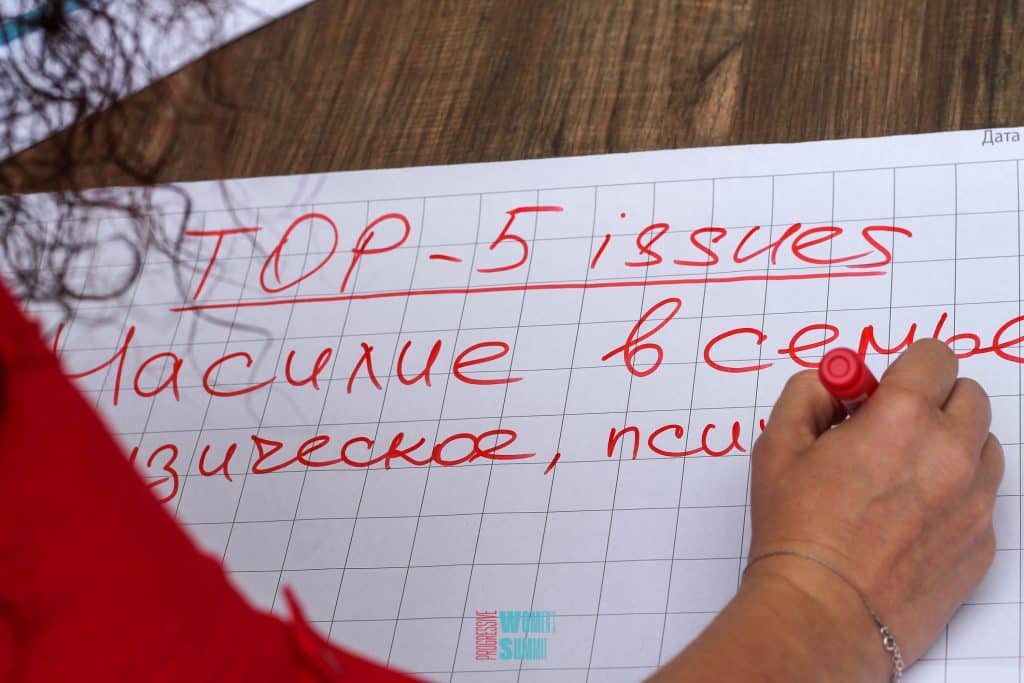
Last weekend, we organised the Progressive Women's Summit of Eastern Europe, together with the UK Labour Party and the Social Democratic Platform in Ukraine. Women from four Eastern European countries - Ukraine, Belarus, Armenia and Georgia - came together in Kyiv, to share experiences and reflect together on possible solutions to the challenges they face.
Trainee Democracy wanted!

The Max van der Stoel Foundation, in cooperation with the European Forum for Democracy and Solidarity, is looking for one intern for the Democracy work in the near future.
Elections in Ukraine: how's it going?
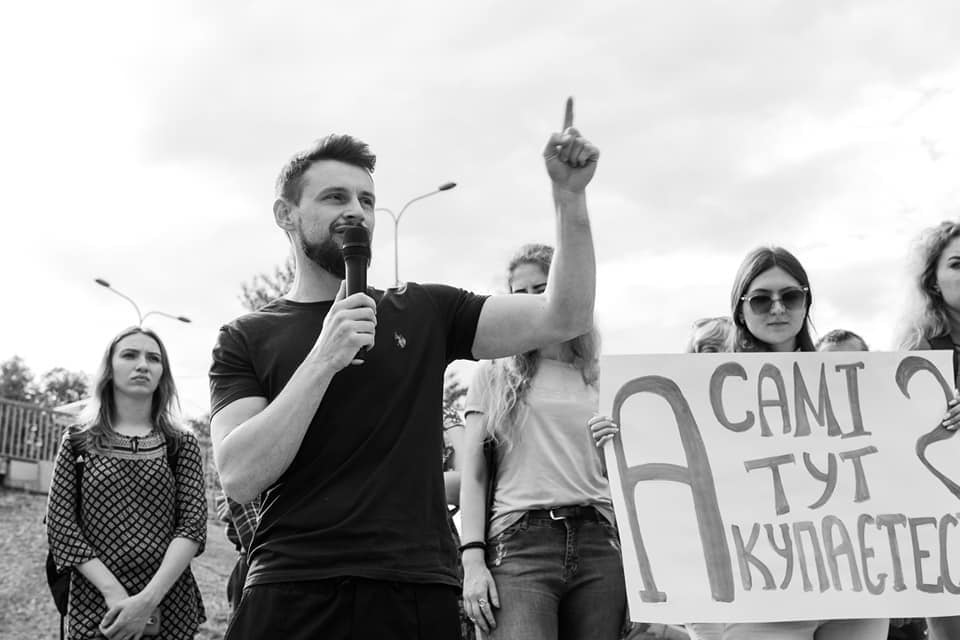
Last Sunday there were parliamentary elections in Ukraine. The results showed an overwhelming success for Servant of the People, the party of President Volodymyr Zelenskiy: for the first time in the history of independent Ukraine, one party managed to get a majority in parliament without the need for a coalition. But then, Zelenskiy is a very popular actor/comedian with sufficient financial resources. How does something like this work with candidates who don't have that? Our partner in Ukraine, the youth movement SD Platform, participated in the elections for the first time this time with one candidate: one of its founders, Bohdan Ferens. Friso Ages travelled to Kyiv to participate in the last days of his campaign and to watch election day. Below is his report.
Extensive African theatre programme at Holland Festival 2019
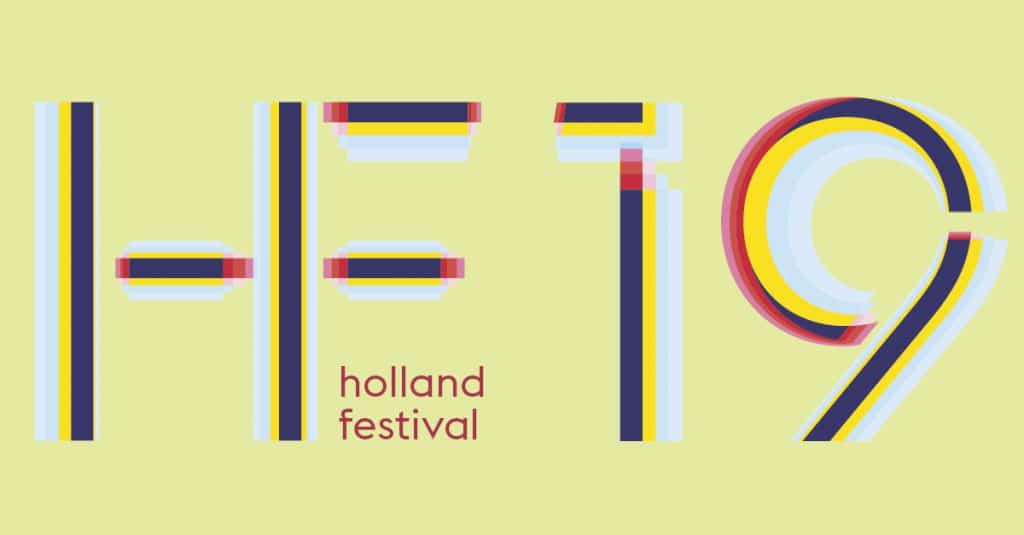
The Holland Festival is the largest international performing arts festival in the Netherlands, and its 72nd edition will take place in Amsterdam in June. The festival features opera, (music) theatre, dance and more from around the world. This year, for the first time, two associate artists are associated with the festival, William Kentridge from South Africa and Faustin Linyekula from Congo. There will be plenty of work from Africa by the two associate artists and artists who inspire them.

